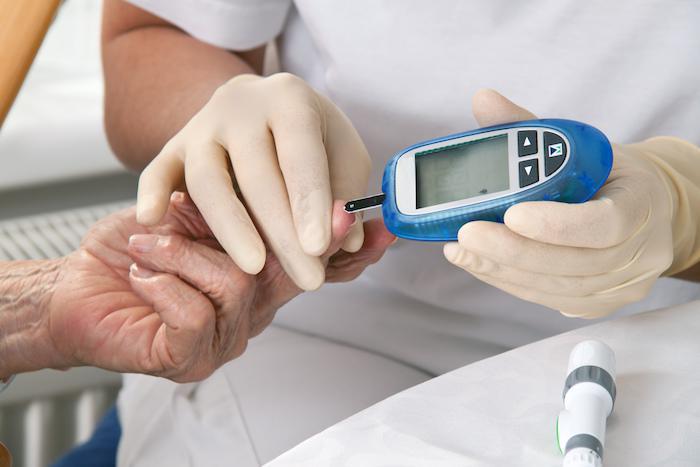One of the most common chronic health conditions, diabetes can go undetected for years.
When you eat, your body breaks down the food into sugar (glucose). This sugar sends a signal to your pancreas to release insulin.
Insulin helps glucose get into your cells so they can use it for energy. When you don’t make enough insulin or your cells stop responding to it, too much blood sugar stays in your bloodstream and can lead to health problems like heart disease and vision loss.
1. Excessive Thirst and Frequent Urination
If you’re feeling thirsty all of the time, it could be a sign that you’re diabetic. It’s important to check with your doctor if you think you have diabetes.
Your kidneys have to work extra hard to get rid of the excess sugar in your blood, which is why you’ll urinate more often than usual and become more thirsty. This is called polyuria.
You may also have a dry mouth, skin or eyes. This is a result of your kidneys pulling water from other parts of your body and using it to get rid of the sugar in your blood, says Dr. Hahn.
In fact, you can be so dehydrated that you feel like you’re drowning. That’s why it’s so important to drink enough fluids every day and replenish what you lose through urine.
If you experience excessive thirst, frequent urination and other symptoms of diabetes such as fatigue and unexplained weight loss, talk to your doctor. They can carry out a blood glucose test to confirm the diagnosis.
2. Increased Hunger or Unexpected Weight Loss
Seeing the needle on the scale drop isn’t always a good thing, especially when it’s accompanied by other health concerns. Losing weight can happen for many reasons — and one of them is when your body isn’t getting the right amount of nutrients.
If you are experiencing increased hunger or unexpected weight loss, it could be an early sign of diabetes. This happens when the insulin your body makes doesn’t work properly, so glucose (sugar) cannot get into your cells.
Insulin works to turn blood sugar into energy, which is essential for keeping your cells functioning and your organs working properly. When your body doesn’t make enough insulin, or your cells don’t respond to it, your body thinks you’re starving and starts burning fat to create energy.
It’s important to talk to your doctor as soon as you experience these symptoms, because a lack of insulin can cause serious complications.
In type 1 diabetes, your immune system attacks and destroys the insulin-producing beta cells in your pancreas. This results in high blood sugar that causes you to feel hungry constantly and drink a lot of water. Eventually, you’ll need to take insulin for the rest of your life to regulate blood sugar levels. But with early diagnosis, you can manage your condition and control your risk for heart disease and other complications.
3. Slow-Healing Cuts/Sores
If you notice a small red or pink area that doesn’t heal after a few weeks, you may have a slow-healing wound. If this is happening more frequently or you have an infection, it could be a sign that you have diabetes and need better control.
Wounds that don’t heal are a common problem in people with diabetes, and it can happen in any part of the body. Poor blood circulation, weakened immune system and nerve damage can all cause problems.
When a wound starts to heal, it goes through a series of stages: Inflammation, granulation, and proliferative (tissue-building) phase. In the first stage, your blood vessels constrict to prevent bleeding, platelets gather to form a clot, and white blood cells flood the site to fight germs and other invaders.
Then, granulation tissue — which looks like a thin layer of skin – is formed over the damaged area. Over time, this granulation tissue begins to grow and heal the wound.
If the new granulation tissue is very dark or you’re noticing other symptoms that indicate a poor healing process, it’s important to contact your doctor. They can help you understand what’s happening and get your wound to heal quickly. It’s also important to keep your wound clean and hydrated, which will help the process move along more smoothly.




